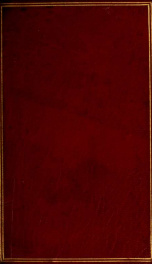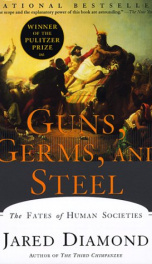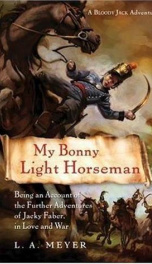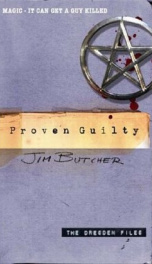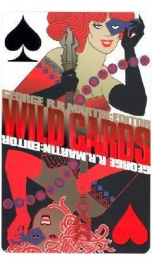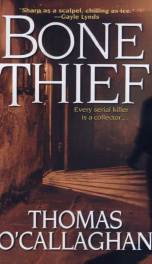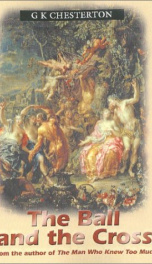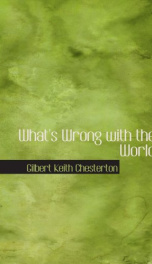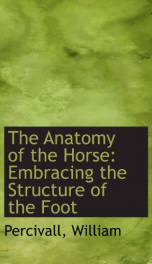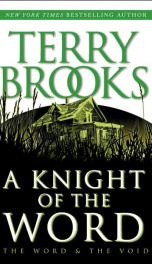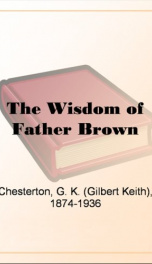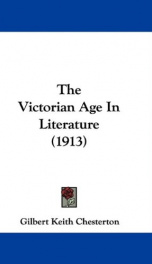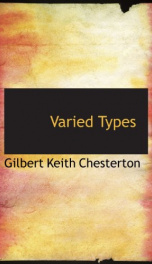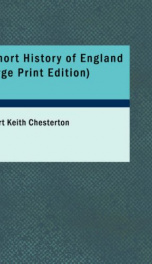Utopia of Usurers and Other Essays
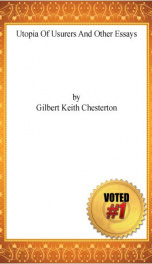
G.K. Chesterton has been accused of being a fuddy duddy old fashioned conservative. His book titled UTOPIA OF USURERS undermines this accusation. Chesterton showed clarity, passion, and deadly logic in his criticism of Big Capitalism. This is a book for anyone who considers themselves "radical" but not in the sense of the latest fad or fashion of protest. This book is also not for the timid and apprehensively conventional "do gooder." This review will focus on Chesteron's condemnation bad journalism, corruption of the law and legal (illegal) system, what Chesterton called "The Dregs of Puritanism" and abuse of language.Chesterton condemned journalism of Big Capitalsim for various reasons. For example, he critisized that while the Usurers improved advertising, they destroyed good art. Art was intended to please aesthetics, but bad journalism reduced art to selling something. When the plutocrats said they gave what the public wanted, Chesterton scoffed at this claim. Journalistic work used advertising to sell stuff such as soap. Yet, the working classes did not post placards selling soap. The working classes raised placards attacking the corruption and illegaliaty of the Usurers which no member of the press dared to present. Chesterton rightly called journalists liars and bores, this latter quality may have undermined newspapers. Readers got bored with journalism written so poorly that it became unreadable.Then Chesterton gave the coup de grace. He commented that a few thoughtful Englishmen committed the worst sin against Big Capitalism. The sin was that a few intelligent Englishmen started their own journals to show what knowledge, clear thinking, good writing actually were. Chesterton condemned the Usurers' journalists for writing about what was trivial and not writing about anything important.Chesterton also had some choice words about the legal and political system. He condemned the legal system for corrupating the law and legal process to acquit Big Capitalists for crimes for which they should have been punished. He cited an example of a terrible railroad accident that was due to criminally depraved indifference which caused the death of several good people. Yet, the British legal system exonerated the culprits when the facts were clear that in an attempt to save money, the Capitalists deliberately sacrificed normal safety. Chesterton also offered more scathing denounciations when he chided the Socialists and Communists for being too kind to the Big Capitalists. Chesterton said that rather than using the word "Capitalist," they should have been more blunt and used the word "Cad."Chesterton also made some interesting comments in a section called the "Dregs of Puritanism." Chesteron used an example of some Puritan do gooder who whined about cigarettes being sent to the front line trenches for British troops who faced death at every turn. Chesterton commented that shells, bullets, barbed wire, bayonets, etc. were not good for mens' health, but the "good reverend" could not understand this. Chesterton commented that historically some Puritans could read well, think clearly, and write great literature (John Milton). Chesterton commented that modern Puritans could do none of the above. Chesterton commented that modern Puritans could mention Milton, good literary translations of the Bible, but none of the modern Puritans had read none of this. Another interesting comment Chesterton made was the "good reverend" complained about cigarettes being sent to the working class men in the trenches, but this cowardly clergyman did not dare write one work about British women visitng drug parlors. Chesterton asked an embarrassing question of this clergyman. He asked who was going to try to enforce prevention of cigarettes being sent to the front. Chesterton clearly said the good clergyman was to stupid and cowardly to do it and would let someone else do what the reverend was to timit to even try.
Info about the book
Author:
Series:
Unknown
ISBN:
1404336583
Rating:
3/5 (2)Your rating:
0/5
Languge:
English
Users who have this book
Users who want this book
What readers are saying
What do you think? Write your own comment on this book!
write a commentif you like Utopia of Usurers and Other Essays try:
Other books by this author
Do you want to exchange books? It’s EASY!
Get registered and find other users who want to give their favourite books to good hands!
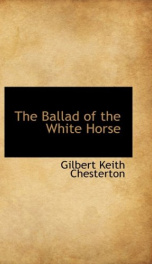
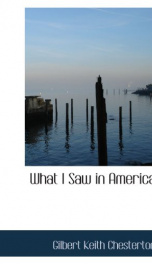
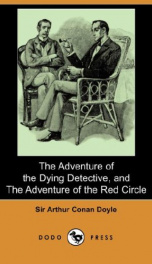
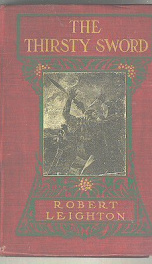
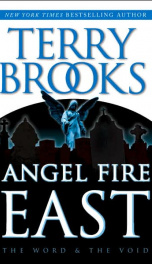
![The thoroughbred horse : his origin, how to breed and how [to] select him : with the Horse breeders' guide : embracing one hundred tabulated pedigrees of the principal sires ..._cover](/img/standard/standard_book.png)
